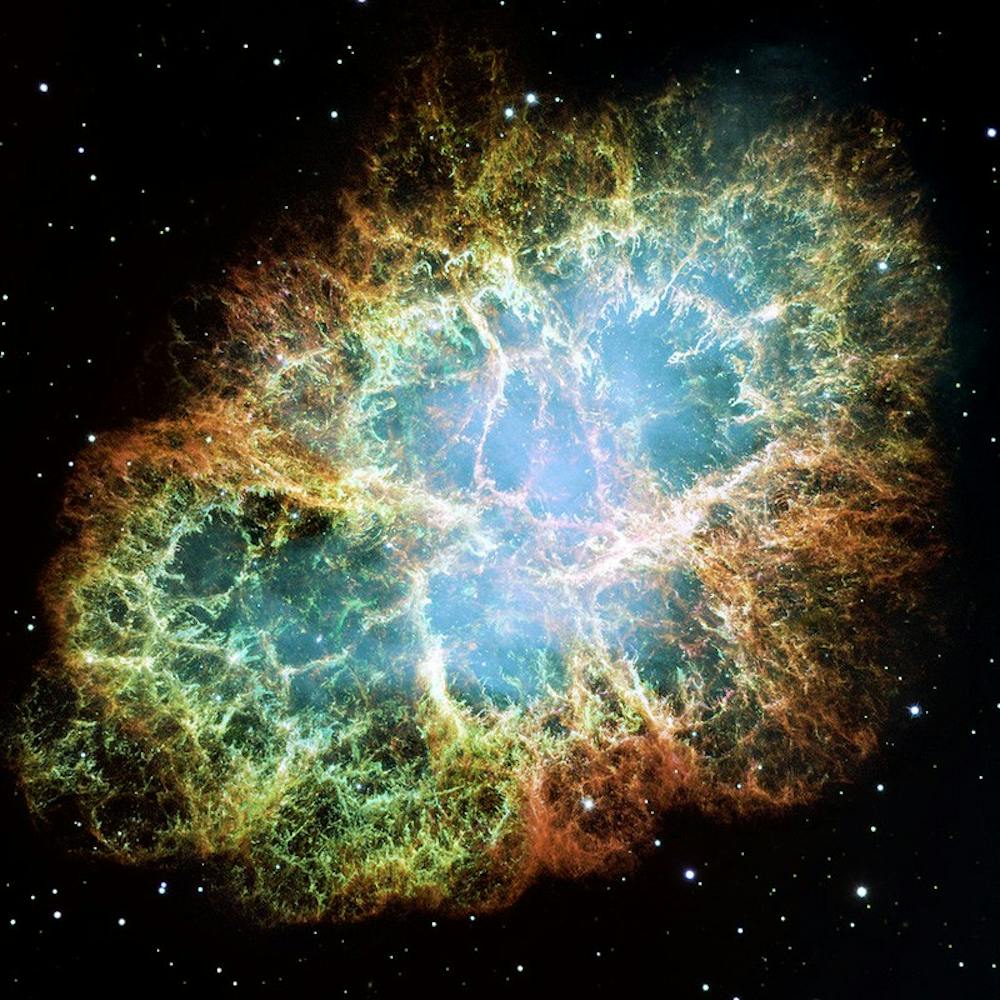Congress has appropriated $19.3 billion for NASA for the 2016 fiscal year. Though this constitutes less than 1 percent of the total budget, it is still a significant increase over previous years, and more than either NASA or President Barack Obama had asked for initially.
The president’s original proposed budget would have given NASA $18.5 billion for 2016. The House appropriations bill proposed the same total sum but allocated the money differently within the various areas of NASA’s budget. The Senate appropriations bill totaled slightly less, just under $18.3 billion, but allocated the money differently than either the House bill or the original request.
College Republicans Chairman Jay Boyd, a fourth-year College student, said it was easy to raise the budget because it was already so low.
“If you look back at the 2010 levels, it’s not that different, because in the 2010 budget, President Obama and his colleagues in the Congress completely gutted NASA’s mission to the moon,” Boyd said. “In 2013, the Obama administration also created spending cuts to NASA’s planetary science budget, about 20 percent of the funds from the previous year.”
The 2016 budget provides more money than requested for science, aeronautics and space technology, space operations and education. It provides less money for exploration, safety, security and mission services and construction. The Inspector General and the James Webb Space telescope were the only categories for which NASA received the amount of money it requested.
Not only did both the House and Senate appropriate more money for education than NASA requested, but also the Senate appropriations bill added a line within the science section of the budget creating an entirely different source of education funding.
Another change from the Senate included moving money allocated for commercial spaceflight within the the exploration section of the budget to space operations.
This suggests a need for an internal focus, University Democrats President Sam Tobin, a third-year College student, said.
“I think it sends a message that maybe our own space program needs to be developed within its own ranks of itself before we start worrying about expanding it to the private sector, to money-making purposes, to commercial purposes,” Tobin said.
In Sept. 2014, NASA announced commercial crew contracts with Boeing and SpaceX — private companies working to develop their own spacecrafts — who would transport American astronauts to the International Space Station. The United States currently relies on Russian spacecrafts to take American astronauts to the ISS.
A major issue for NASA has been lack of competition, Young Americans for Liberty President Grace Charlton, a third-year Batten student, said.
“NASA has no incentive to compete, which will cause it to lag behind companies like SpaceX,” Charlton said. “The last time NASA had a market-type competitor was when it was competing against the Soviet Union during the Cold War.”
NASA wants to phase out reliance on Russian transport to the ISS by 2017. But even with a decrease in the exploration budget, there are hopes for potential projects, such as a manned mission to Mars or a robotic exploration of Jupiter’s moon Europa.
“I believe that’s somewhat important, because it lets us grapple with the idea that the universe is a big place, and we need to keep pushing to discover, and to find fulfillment in ourselves,” Tobin said. “But at the same time, you don’t always want to have that pie-in-the-sky idea, and not lose sight of the practical purposes, so it’s an important balance you have to strike.”
What the appropriations will mean for fiscal year 2017 remains to be seen.







